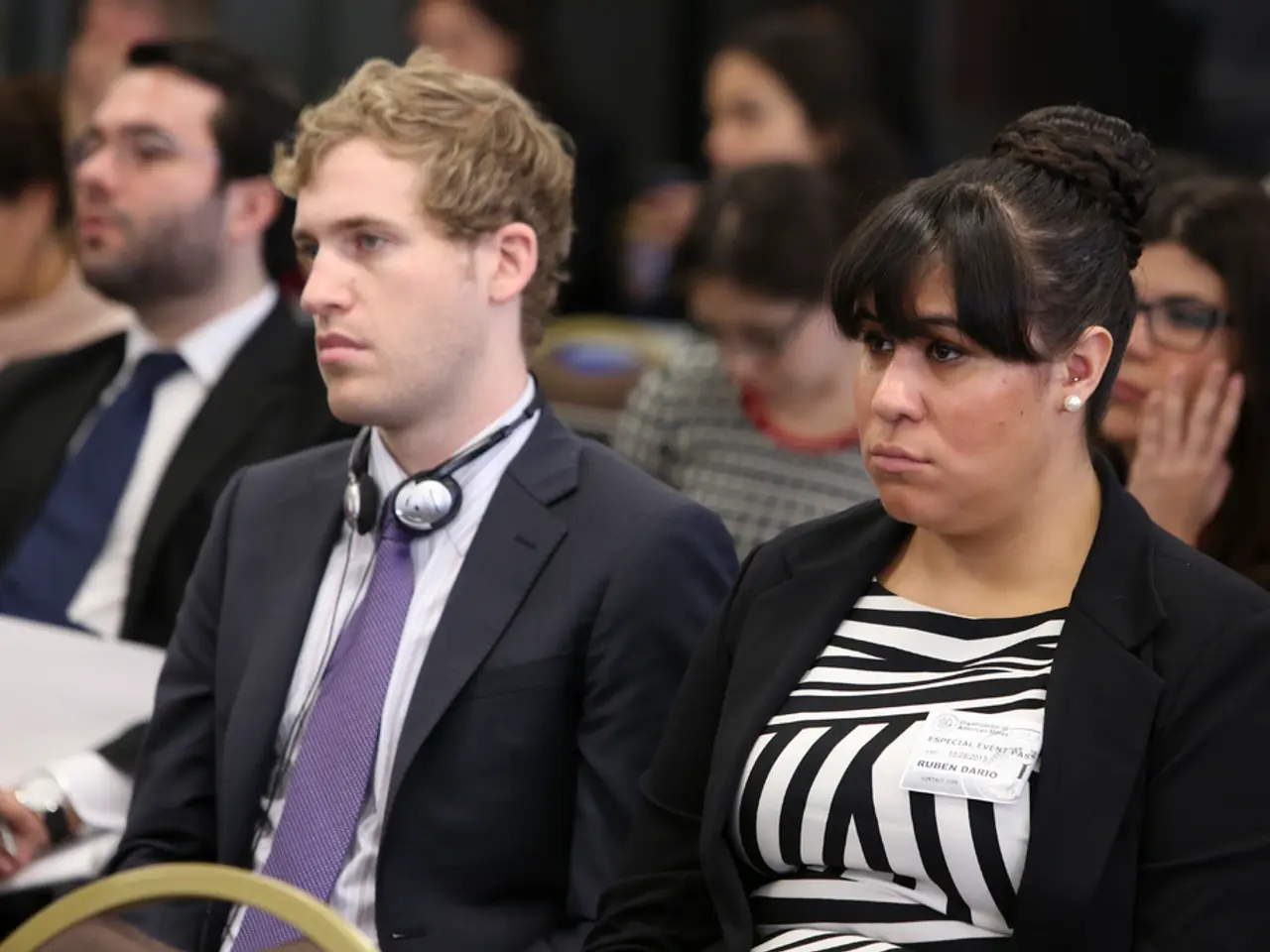Lou Gehrig's Disease, also known as Amyotrophic Lateral Sclerosis (ALS), is a debilitating neurodegenerative disorder that targets motor neurons, leading to progressive muscular atrophy and impaired muscle function.
In the world of neurodegenerative disorders, Amyotrophic Lateral Sclerosis (ALS), also known as Lou Gehrig's Disease, has been a formidable challenge. However, recent advancements in research are bringing a glimmer of hope for those affected by this debilitating condition.
ALS is a progressive neurodegenerative disorder that affects nerve cells in the brain and spinal cord. Early symptoms include muscle weakness, muscle cramps and twitches, speech and swallowing difficulties, fatigue, and respiratory issues in advanced stages. If you or someone you know is experiencing these symptoms, seeking medical advice is essential.
The diagnostic process for ALS involves clinical evaluation, diagnostic tests, and the exclusion of other conditions. Doctors may conduct a review of your medical history, perform a physical examination, assess your speech, swallowing, and breathing, and utilize diagnostic tests such as electromyography (EMG), nerve conduction studies, magnetic resonance imaging (MRI), blood, and urine tests.
Current research developments in treating ALS focus on transforming the treatment landscape from mainly symptomatic relief toward disease-modifying therapies. These innovative approaches involve genetic, molecular, and regenerative methods.
One promising avenue is Targeted Disease-Modifying Therapies (DMTs). The ALS treatment market is rapidly evolving from symptomatic management to therapies that modify disease progression. These include novel drugs targeting molecular mechanisms involved in neuronal degeneration, with several candidates in clinical trials.
Another significant breakthrough is the inhibition of PIKFYVE, a protein that, when targeted, has been shown to extend survival in preclinical ALS models (both sporadic and genetic forms). This discovery has advanced to early phase clinical trials and holds promise for improving quality of life and survival.
Stem cell and gene targeting approaches have also shown promise. Studies using stem cells derived from ALS patients have identified specific gene targets that act like “shut-off valves” to reduce cellular stress in motor neurons. These findings potentially guide genetically informed clinical trials for broader ALS treatment.
New gene therapy approaches aiming to slow muscle degeneration and prolong life in ALS models have emerged, with promising results reported from Japanese research groups.
The integration of artificial intelligence (AI) in ALS research is also a significant step forward. A newly launched £7.5 million Longitude Prize incentivizes the use of AI to analyze vast ALS patient data sets to expedite identifying new treatment candidates.
As the incidence of ALS is expected to rise, strategies such as decentralized trials, remote participation, patient engagement, and digital tools are being emphasized to improve research accessibility and enhance treatment development.
While the exact causes of ALS are largely unknown, genetic factors, environmental influences, glutamate toxicity, immune system dysfunction, age, and gender may contribute to its development. Genetic testing can help identify individuals with a higher risk of developing familial ALS.
Once diagnosed, individuals with ALS require a comprehensive care plan. Nutritional support is vital, as swallowing difficulties may arise as the disease progresses. Emotional support is essential, as it can provide comfort and encouragement.
Riluzole, the first drug approved for ALS, has been shown to slow the progression of the disease. Edaravone can help slow the decline in physical function for some ALS patients. Physical therapy plays a crucial role in maintaining mobility and strength, while occupational therapy can help maintain independence in daily activities.
Respiratory care options include non-invasive ventilation devices and invasive ventilation in some cases. Utilizing technology, such as communication devices, smart home technology, and mobile apps, can help individuals with ALS maintain independence.
Planning for the future, including discussions about future care preferences and legal matters, can alleviate some stress for both the individual and their loved ones. Organizations like the ALS Association provide resources and support for patients and their families.
These advances constitute a multi-pronged approach combining genetic insights, innovative drug targets such as PIKFYVE, regenerative medicine using stem cells, gene therapies, and modern AI techniques. They represent a hopeful shift toward more effective, personalized, and potentially curative ALS therapies emerging over the next decade.
- Science and health-and-wellness are intertwined in the fight against neurological disorders like ALS, as research advancements are paving the way for disease-modifying therapies, including Targeted Disease-Modifying Therapies (DMTs) and gene therapies.
- Mental health is of great importance for people diagnosed with ALS, as they may require emotional support to cope with the challenges of the disease, and technology can play a significant role in maintaining independence through communication devices, smart home technology, and mobile apps.
- Fitness and exercise play a crucial role in managing symptoms of ALS, as physical therapy helps maintain mobility and strength, while good nutrition is vital for managing swallowing difficulties that may arise as the disease progresses.




